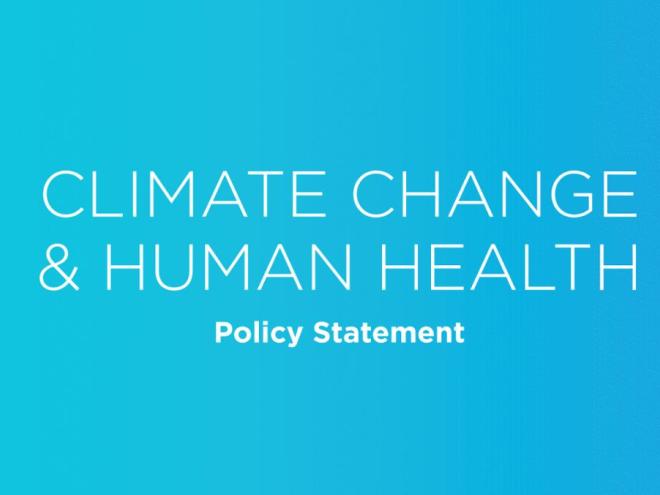Over the past number of months, extreme weather, wildfires, and other events have brought the immediacy of the climate emergency to light –both in BC, and on a global scale. A recent report from the UN’S Intergovernmental Panel on Climate Change (IPCC) underlined the importance of acting as soon as possible to mitigate the worst effects.
Climate change: Recognizing the impact
In June 2021, our Board approved a policy statement: “Climate Change and Human Health”, which outlines commitments and recommendations regarding the significant impact climate change can have on human health. Physicians can play a valuable role in communicating the population health impacts of climate change, as well as contributing to strategies to reduce potential harms.
Doctors of BC recognizes that climate change and its impact on health has been a major priority for many of our members, and the general public across BC for some time.
The healthcare system also has a specific role to play in mitigation efforts. Globally, the Canadian healthcare system ranks third-highest in terms of per capita greenhouse gas emissions, and contributes 4% of Canada’s total emissions. Work is being done both on a provincial level, and nationally with the leadership of the Canadian Medical Association (CMA), to reduce emissions from the healthcare sector.
Where does Doctors of BC stand?
To support this work, Doctors of BC commits to:
- Reducing our carbon footprint as an organization. You can read about our extensive organizational commitments on our green initiatives page.
- Supporting BC physicians to improve sustainability in their practices through quality improvement projects.
- Working with continuing medical education organizations to promote emergency preparedness training.
Doctors of BC recommends that:
- Efforts of the CMA and BC Government to reduce the healthcare sectors’ greenhouse gas emissions be sustained and expanded.
- Health emergency management and planning activities integrate physician perspectives.
- Health impact assessments be required for all proposed projects and programs that have the potential to alter the environment, to ensure mitigation of potential risks.
Changes in our climate can result in reduced air quality, water- and food-borne contamination, increased exposure to ultraviolet rays, and vector-borne and zoonotic disease. These are associated with greater risk of cancers, cardiovascular illness, and infectious disease. Indirect negative results can include increased occupational health dangers, and population displacement.
Doctors of BC recognizes that, despite prevention efforts, British Columbians are already feeling the impacts of our changing climate. A range of strategies and tools are needed to reduce the associated health harms, and British Columbia’s doctors are uniquely positioned in these efforts. Doctors of BC’s work continues, with the goal of supporting our members across the province in the fight against climate change.



